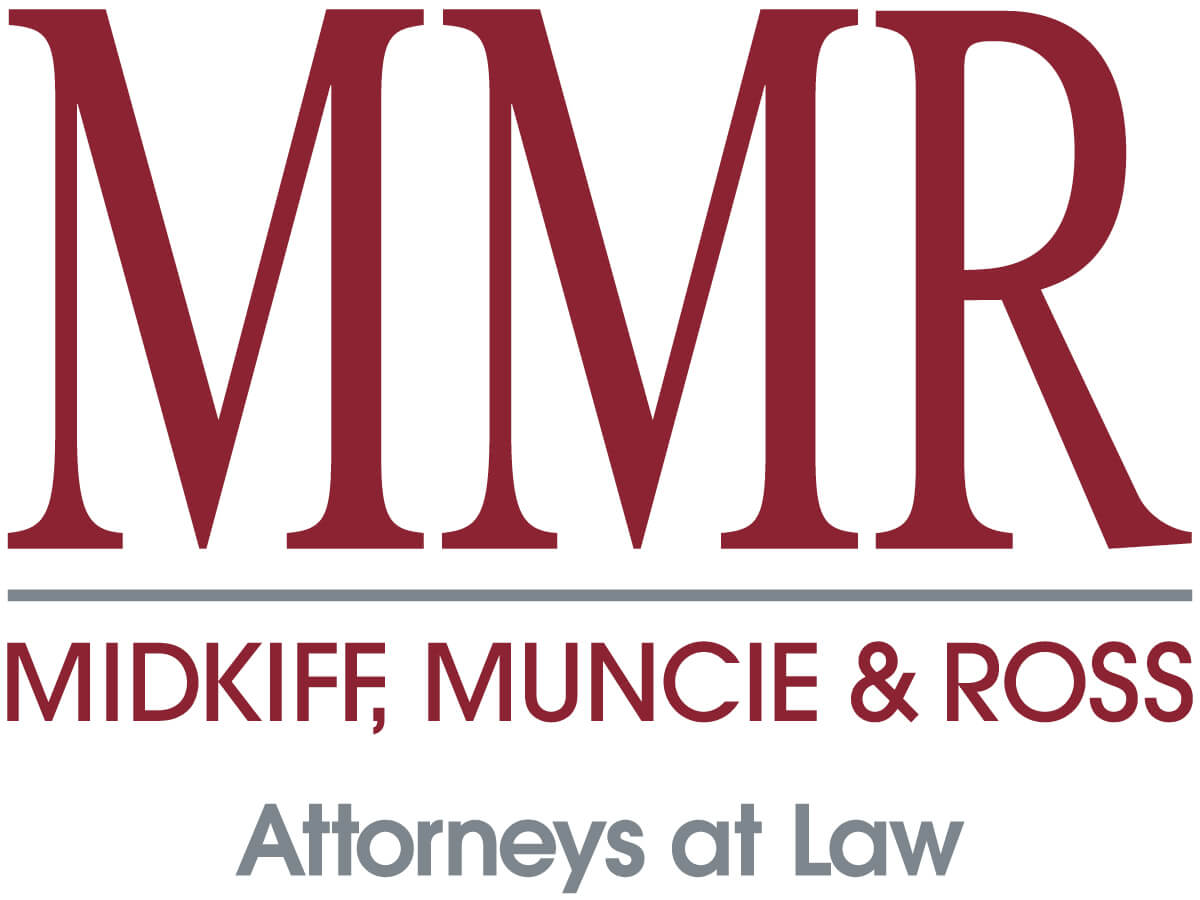Asleep at the Wheel
By Frederick T. Schubert III, Esquire
In the recent case of Cason v. VDOT Culpeper District, the Commission examined whether the employee’s denial of benefits should be reversed by assessing if Cason established by the greater weight of the evidence that falling asleep behind the wheel was due to employment-related fatigue.
In the Cason case, the accidental nature of the injury, as well as the “in the course of” requirements of the compensability test, were met. The issue before the Commission in this case focused on whether the accident “arose out of” the employment.
The claimant worked regular shifts from 7:00 a.m. to 3:30 p.m. Monday through Friday in addition to being on-call on a 24 hour basis. The claimant would frequently be required to respond to after-hours emergencies, which took anywhere from a few minutes to a few hours to rectify. There would even be times when an afterhours matter would still be at issue when the claimant’s regularly scheduled shift was set to begin and he would have to continue working without any sleep.
In the months prior to the accident, the claimant sought treatment for anxiety, insomnia, and fatigue that he largely attributed to his unpredictable work schedule and lack of regular sleep. As a result, the claimant was prescribed sleep aids and a letter as provided to his employer requesting that the claimant not work night shifts so that he may focus on getting adequate sleep.
To prove that an accidental injury arose out of the employment, the claimant must show that the origin of the cause of the injury was related to the employment. There must be a causal connection between the employee’s injury and the conditions under which the work is required to be performed.
Here, the claimant sustained injuries in an accident while driving his employer’s vehicle. The claimant contends that the cause of the accident was his work related fatigue which caused him to fall asleep behind the wheel. The Deputy Commissioner denied the initial claim for benefits, holding that the claimant failed to prove that he feel asleep at the wheel for a reason that was causally related to his employment.
The Virginia Court of Appeals examined a case with similar facts in Norris v. ETEC Mechanical Corp. In the Norris case, the claimant had fallen asleep behind the wheel while in the course of his employment, however the claimant admitted that he did not know the cause of his sleep inducing fatigue. The Commission noted that, “the inability to causally relate the fatigue to his work was fatal to proof of the critical link between the conditions of his employment and his accident necessary to prove that the accident arose from his employment.”
Distinct from the Norris case, the claimant in Cason directly attributed the nature and requirements of his work duties to the sleep induced fatigue that ultimately caused him to fall asleep behind the wheel. The Defendants in this case argued that the claimant could not prove that he fell asleep behind the wheel, that he could not prove that he fell asleep for work-related reasons, and that the claimant’s insomnia and anxiety were not work related.
Despite the Deputy Commissioner’s findings being consistent with the Defendant’s arguments, on review the Full Commission found that the record contained sufficient evidence to hold that the claimant had met his burden that he fell asleep while driving. Additionally, the Full Commission determined that the claimant was able to demonstrate that there was a causal connection between his sleep-inducing drowsiness and his employment, as his medical records clearly showed that he believed his employment to be the cause of sleep issues.
As a result, the Full Commission held that when considering the evidence as a whole, the claimant’s medical records, the claimant’s statements, and witness testimony established that the claimant was fatigued due at least in part due to his long work hours and irregularity of his work schedule. Therefore, the accident was found by the Full Commission to have arose out of the claimant’s employment and benefits were awarded.
